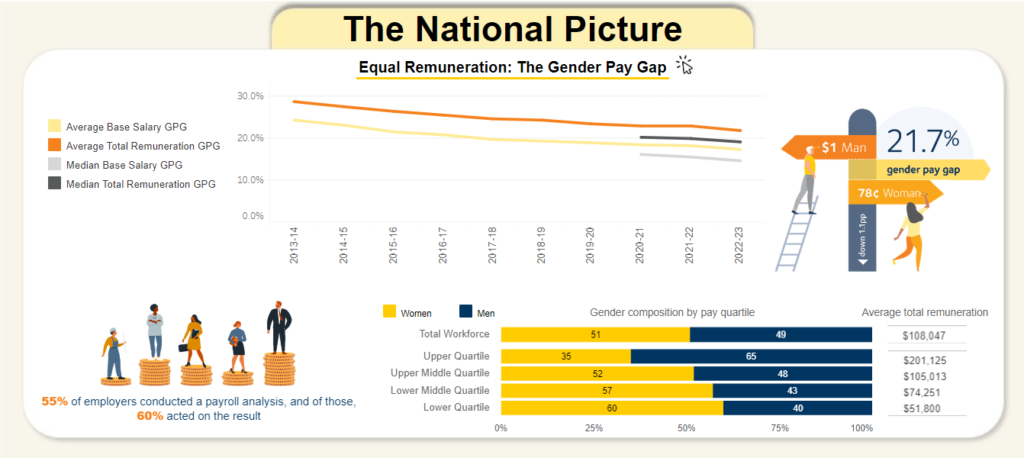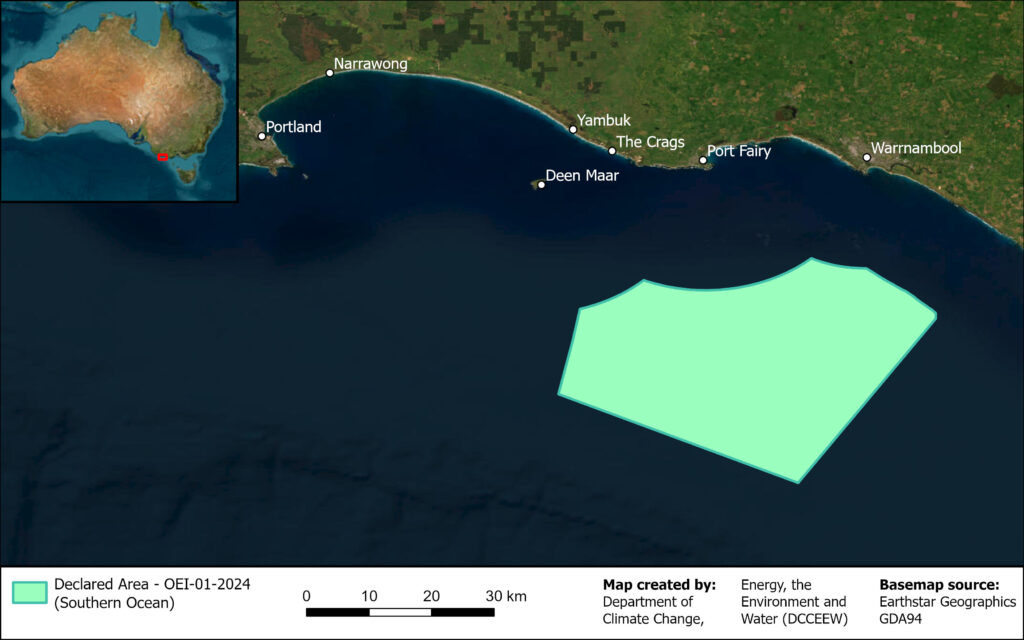The Workplace Gender Equality Agency this week published the gender pay gaps for nearly 5,000 Australian employers, marking a historic step towards transparency and accountability in the workplace.

According to The Parenthood, the data highlights the persistent and complex nature of the gender pay gap.
Georgie Dent, CEO of The Parenthood, praised the Albanese government for tackling this issue and creating accountability through the publication and identification of employer pay gaps.
Dent said that greater transparency around gender disparities will help to accelerate systemic reform that parents are calling for, like more affordable early childhood education and care, and employment policies that promote equitable parenting.
“A range of systemic barriers mean women in Australia still earn significantly less than men do, which is why systemic solutions, like totally affordable quality early childhood education and care are needed to increase female workforce participation.
“The pay gap is costly from a social and economic perspective at an individual and collective level; it relegates too many women and children into financial insecurity, entrenches gender inequity and hampers national productivity.”
The data from the Workplace Gender Equality Agency (WGEA) reveals that while some progress has been made, 62% of employers have a gender pay gap in favour of men.
“The need for systemic change is evident,” Dent said. “Governments as well as employers need to be held accountable to support parents to share the work and care load equally. This includes making early childhood education and care more affordable, abolishing the Activity Test – a known barrier to workforce participation for women – and implementing more generous and equitable paid parental leave entitlements.
“To move towards a truly equal society, we also must challenge and change the current norms around paid parental leave,” said Dent. “It’s not just about offering more leave; it’s about ensuring that men feel supported and encouraged to take this leave, making shared caregiving the norm rather than an exception. This shift is essential for allowing both parents to balance their career and family life, reducing the gender disparities in both spheres.
“By ensuring that women’s economic participation is elevated to the same level as men, we not only advance gender equality but also unlock the full potential of our workforce. The integration of these measures is essential for creating a more inclusive, equitable, and productive society where both women and men can thrive equally in their professional and personal lives.”
Dent said in 62 per cent of organisations that revealed their pay gap data, the pay gap was real and favours men.
“Given it’s International Women’s Day this week, it’s a great time to have this information to hand.
“It is the first time Australians have had access to this data – by employer – and while it’s shocking, it’s actually good news. Publicity around the pay gap has – inevitably – prompted a stack of conversations about the “choices” men and women make when it comes to combining work and care.
“But the thing is, no “choice” is made in a vacuum. The context in which women in Australia “choose” how to combine work and care is still dictated by policies and practices that entrench ‘mum as caregiver’ and ‘dad as breadwinner’. That informs our culture which remains firmly wedded to stereotypical roles for men and women – in ways other countries have shifted.
“Changing the context and creating an ecosystem where parents can truly “choose” what works for their families is on government and employers.
“Ensuring that ecosystem becomes reality is why The Parenthood exists. We’re always on the hunt for ways we can work together to keep the pressure up for change. Right now something we can all do to that end is take the National Working Families Survey 2024.
“Every voice counts and every story matters. Tell yours and help us advocate for improved family policies that will not only benefit parents and children but will shrink the gender pay gap.


